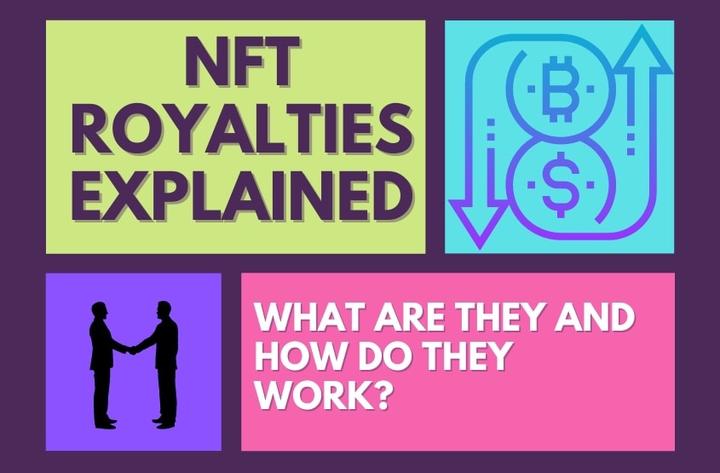
Abstract
Non-fungible token (NFT) marketplaces facilitate users to mint and trade digital assets such as collectibles, trading cards, and digital artwork. Many NFT platforms accommodate resale royalty which pays back the creator a predetermined percentage of the proceeds from future resales of the digital asset. The adoption of resale royalty is seemingly beneficial for NFT creators as it generates a recurring source of income. However, this may have unintended consequences on the sales price and the liquidity of the underlying NFT, which, in turn, affect commission revenue for the platform. In this paper, we focus on understanding the antecedents as well as the consequences of resale royalty. Specifically, we investigate the impact of minting cost on royalty rate, as well as the impact of resale royalty on primary market sales price and liquidity. Our identification strategy leverages a policy change that eliminated upfront minting fees for creators in a prominent NFT marketplace. We find that NFT creators reduce royalty rate when they mint an NFT without incurring a minting cost. Furthermore, we observe that a higher royalty rate can lower primary market sales prices, decrease the sale likelihood, and increase the time to sale. These results suggest that resale royalty may not necessarily benefit NFT creators. Surprisingly, the presence of resale royalty impairs market liquidity, despite reduced sales prices. Our work provides immediate implications to creators and platforms when leveraging resale royalty in NFT marketplaces.